Covid cases across Tayside and Fife are once again on the decline in all four local regions, as numbers continue to fall across Scotland.
Dundee, Angus, Perth and Kinross, and Fife all saw a decrease in case numbers this week.
Fife saw the largest drop, with case numbers falling by 29%. The area saw 530 people test positive between July 23 and 29 compared with 739 the week before.
Cases in Perth and Kinross saw a decrease of 23.7%, with 212 people confirming a positive test last week. The week before saw 257 people test positive.
In Dundee, there was a decrease of 17%, with 219 people testing positive across the city last week. In the previous week, 263 people tested positive.
And Angus saw a drop of 15.1% in case numbers. There were 157 positive cases across the area, compared with 184 the week before.
What is happening in Scotland?
Last week, Scotland’s Covid numbers decreased from one in 15 people testing positive in the week ending July 14, to one in 19 between July 15 and 21.
This week, Office for National Statistics figures show case numbers are once again falling.
One in 20 Scots tested positive between July 22 and 28.
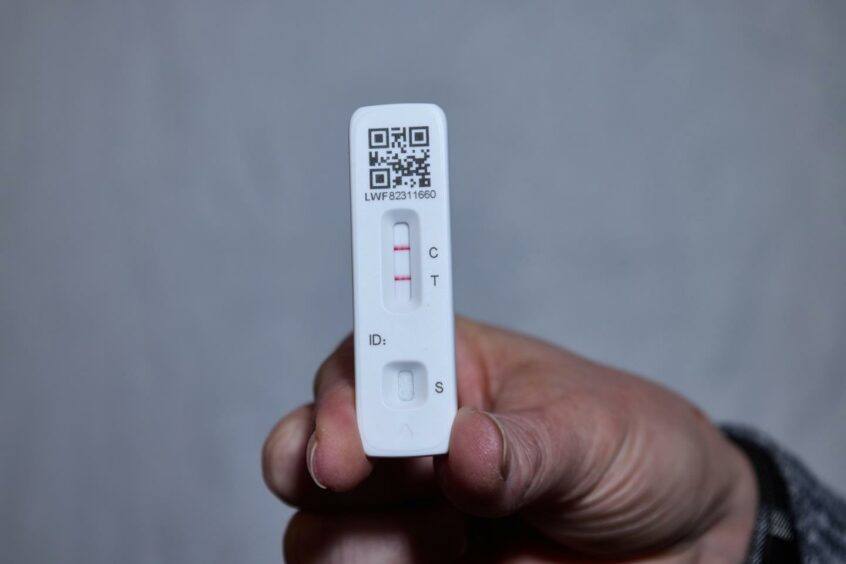
The estimated number of people testing positive for Covid-19 in Scotland was 260,800, meaning 4.95% of the population tested positive between the same time period.
In England, one in 25 tested positive the same week. The figures were one in 30 in Wales and one in 17 in Northern Ireland.
It means for the second week running, Scotland no longer has the largest estimated average ratio of the population testing positive for Covid-19 last week.
Will I be getting another Covid vaccine?
With case numbers across Scotland continuing to decline, it seems this Covid wave may be starting to slow.
In preparation for a potential wave later in the year, and to keep those most vulnerable to severe Covid safe, the Scottish Government is offering some people another booster vaccine.
Those eligible include:
- residents in a care home for older adults and staff working in care homes for older adults
- frontline health and social care workers
- all adults aged 50 years and over
- people aged five to 49 years in a clinical risk group, including those who are pregnant
- anyone aged five to 49 years who are household contacts of people with immunosuppression
- carers aged 16 to 49 years.
If you’re eligible for a booster dose later this year, you don’t have to do anything.
Letters to those who are highest priority will be sent out in September, advising of an appointment date and location.
More information on how and when you’ll get your booster vaccine will be available in due course.
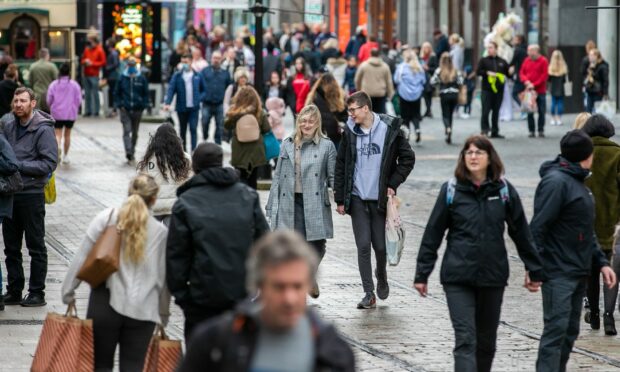
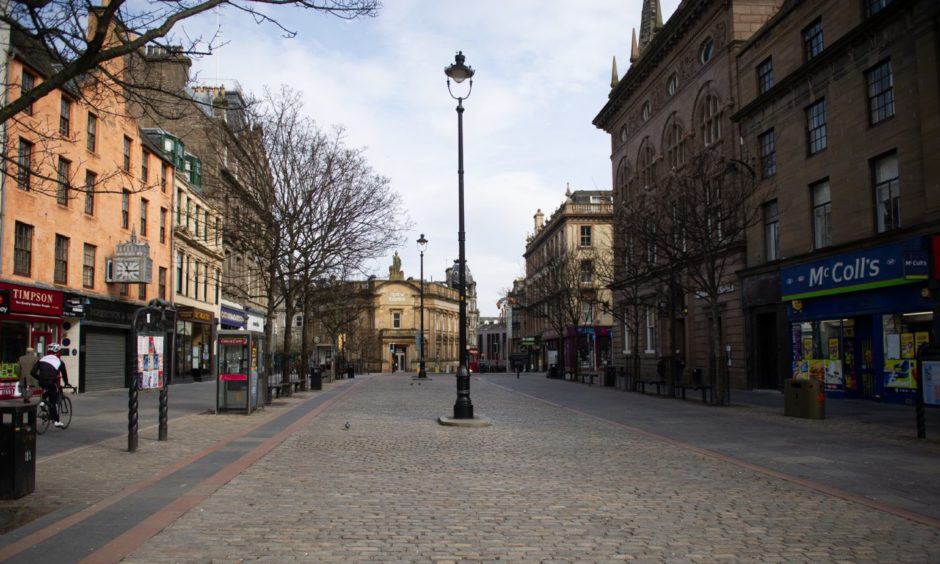
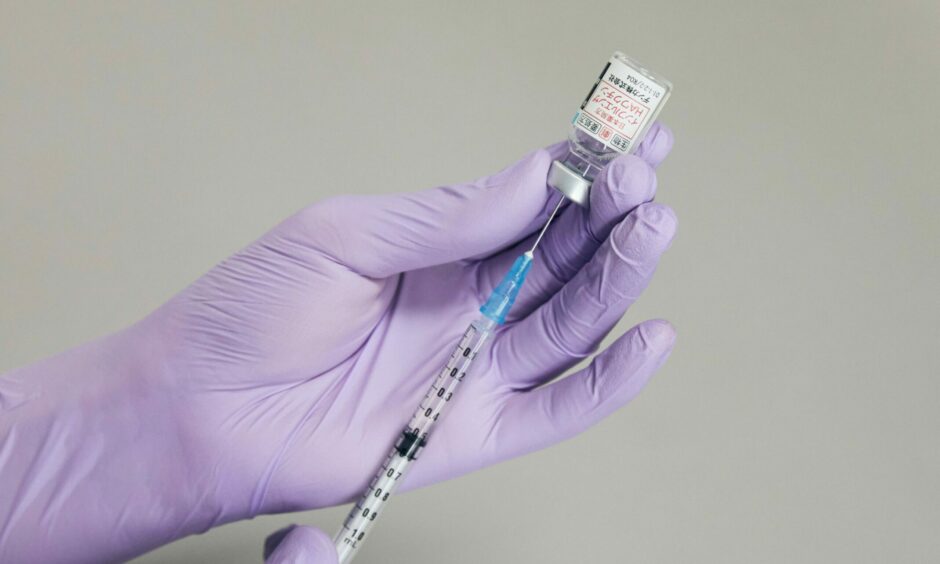








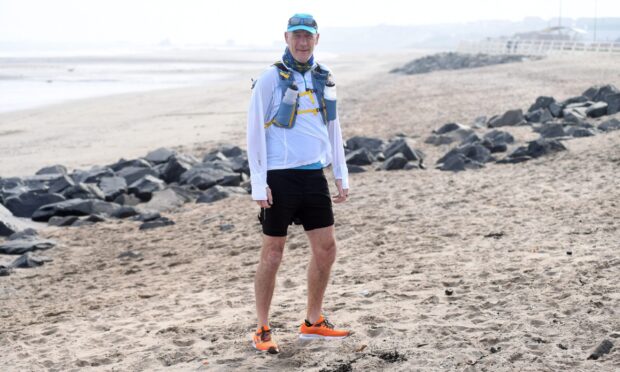
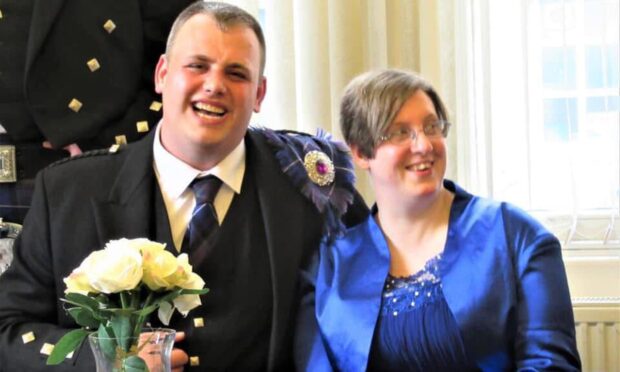
Conversation